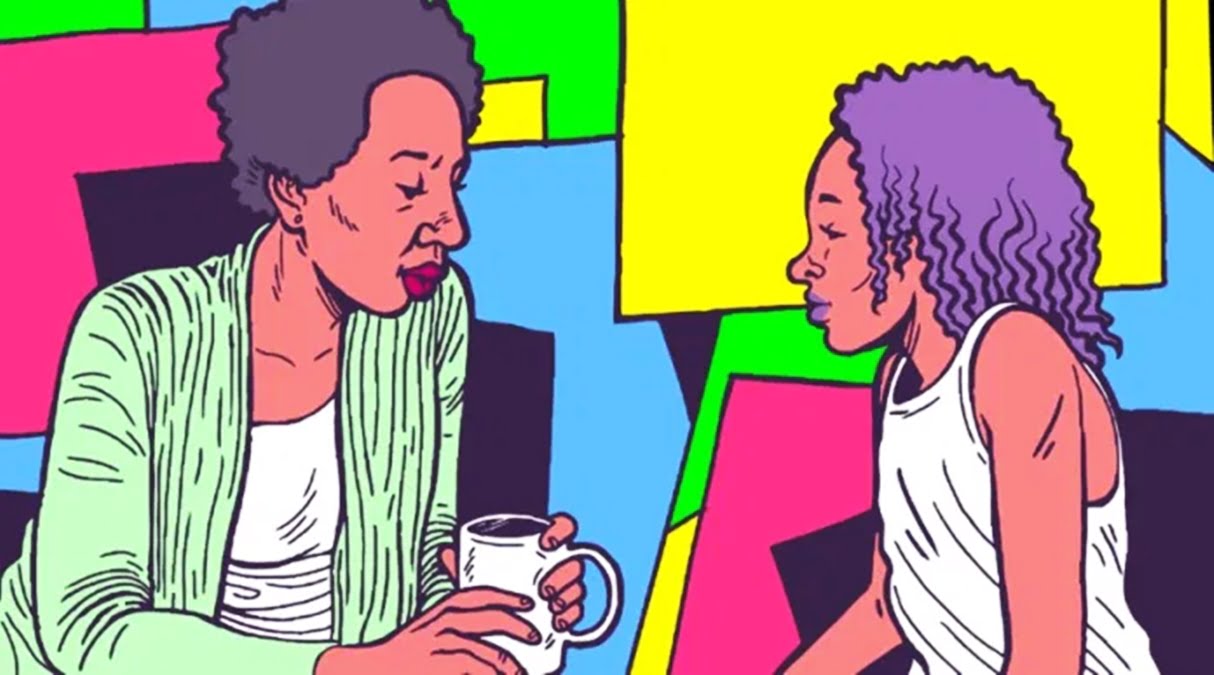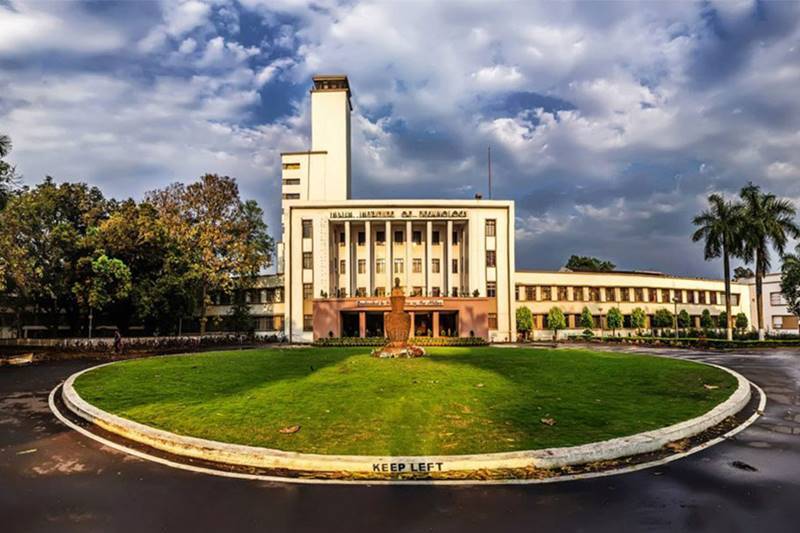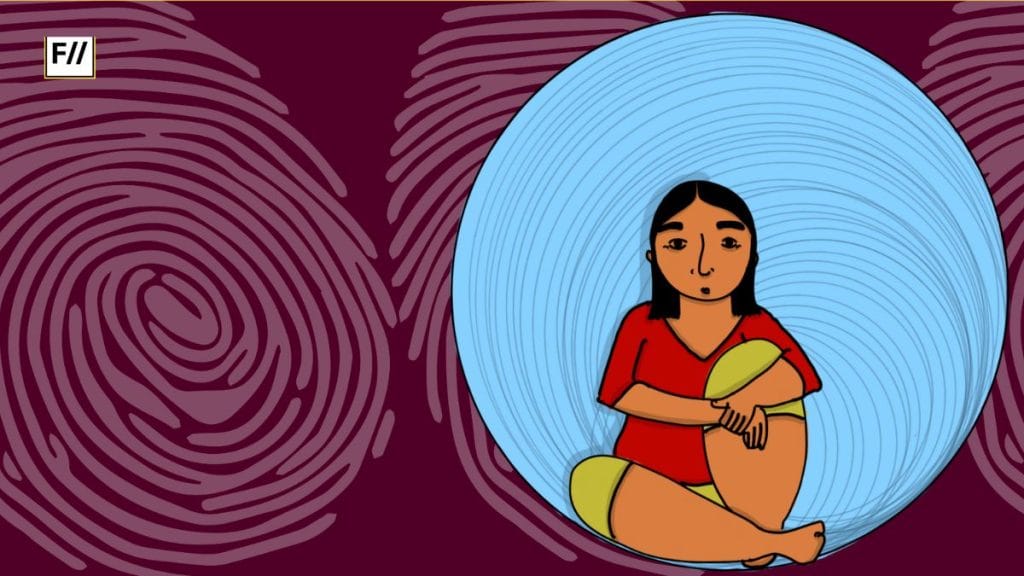All feminism is intersectional.
The conversation around mental health, self care and therapy has assumed a lot of importance in the past few years. This can be attributed to the reach of online portals and social media pages/persons who advocate for this fundamental aspect of well-being.
Before the far-reaching scope of social media platforms for advocacy and activism, such “niche” issues were only left to be dealt with by academicians and professionals from the field. Further, the class of people who could access and afford therapy may have been a cause for the way in which therapy has developed in the Indian context.
It is largely a Western individualistic model, which may cater to the needs of an elite few who can afford to live in an individualistic way. However, for a country with a collectivist culture, the power of community healing, group therapy, and therapy unique to socio-cultural contexts of clients has not been adequately promoted or supported.
It is largely a Western individualistic model, which may cater to the needs of an elite few who can afford to live in an individualistic way. However, for a country with a collectivist culture, the power of community healing, group therapy, and therapy unique to socio-cultural contexts of clients has not been adequately promoted or supported.
There are several reasons for why mental health has remained individualistic and why it still needs to be more accessible. The obvious reasons that years of research have established for us, is that there is an alarming dearth of responsible and qualified professionals, let alone intersectional.
Secondly, the focus of ‘treatment’ has been largely biomedical, which means it does not emphasise enough on the unique contexts that individuals interact with. Our environments have an acute impact on how we see the world, and it is only fair to take them into account for our ways of interaction to improve as we proceed through therapy. There needs to be an emphasis on intervention within the individual’s environment so as to not only help the concerned client but also be able to identify the unique needs and contexts of others from the client’s community.
Such interventions are necessary because in a collectivist culture like India’s, the potential of the community’s participation to absolve systemic oppression and structural inequality could go a long way in reducing the very instances that lead to common stressors experienced by most people from the said community.
This approach comes from recognising that one’s mental health can never be helped in an isolated manner. Unless community stressors are also effectively dealt with and grouped away, there is scope to come up with unique recovery/intervention programs for identified common stressors. In this way, each client’s personal and community stressors can fall under distinct groups, and the process of intervention can become more streamlined in terms of conducting individual and group therapy as demanded by the context involved.
Also read: Feminist Therapy: Converging Social And Personal Changes In Therapeutic Traditions
This approach also emphasizes and propagates a recognition of the various intersections that some individuals define their identities by. What does an intersectional feminist approach to therapy imply? It implies the central goal of upholding mental health as a facilitator of social justice for the individual client, as well as his/her/their socially disadvantaged community.
It implies a focus on not only helping the client with their mental health issues, it informs an urgent enquiry into the causes of these issues, and their relation with the client’s socio-economic-politico location and environment. It implies an understanding of the therapist’s own social location, a clear steering away from appropriation of experiences and an additional effort to learn about diversity, marginalization, social disadvantage and structural exclusion.
This checklist does seem long and arduous, but so has the path to justice often been. One method to adopt a more psychosocial approach to therapy has been identified by experts in the field of community mental health, and those working to make mental health accessible to all. This approach calls for delineating the mental health narrative into hearing the voices of individuals who have had first-hand experiences of mental health distress and their ways of recovery. It calls for an approach that makes the client the expert–in terms of their rights, their autonomy and their responsibility to make choices as deemed appropriate by them while the therapist simply facilitates this process, with the use of their skills and experience to make these choices as optimal and effective for the client as possible.
The Humanitarian School of Psychology as imagined by Carl Rogers propagates this exact way of approaching clients’ issues in therapeutic intervention. An intersectional approach takes a step further to not just approach these issues from a client-centred perspective, but laying an acute emphasis on the socio-cultural context, systems and structures that may have contributed to the client’s mental health distress.

This approach would be especially helpful to deal with cases of intergenerational trauma which is often observed due to caste-based discrimination and exclusion of not one or two people but entire generations of a people.
This approach would be especially helpful to deal with cases of intergenerational trauma which is often observed due to caste-based discrimination and exclusion of not one or two people but entire generations of a people. In such cases, a practicing therapist would improve their own practice and ways of dealing with clients of a certain identified background by understanding the systems of exclusion that the client has been a part of.
Having said that, it is indispensable to believe a client’s lived experience, how it has been and ways in which the therapist can intervene, not only in and through a purely psychological setting but via a psychosocial approach. Some ways to go about this are:
- Having mandatory policies in place that check up on individuals in a systematic and periodic manner so that there is no hesitation in reaching out for professional help. The help arrives at your doorstep. This would be possible only after having enough mental health practitioners (MHPs) and other service providers in place.
- Making mental health a priority in primary healthcare centres. The MANAS program run by the NGO Sangath in India, identifies community health workers who are trained in basic counselling skills (like active listening etc.) and who can be appointed as mental health practitioners for their own communities as part of these centres.
- Making therapy affordable is a vital step that needs to be considered so as to improve access to it. Most people steer away from reaching out simply because of how heavy it is on the pocket.
- Adapting to the language and settings of the community being dealt with. An otherisation of the recipient community is not a sustainable solution for delivery of services. It is fundamental to adapt to basic things like the language of the people receiving therapy.
- Implementing these policies in a surge so as to spread awareness and reduce the stigma towards mental health on local levels.
The uncertainty that this pandemic has brought about in all of our lives has further intensified the attention to mental health and the conversation surrounding it. An alternate understanding as aforementioned, would potentially reach the active participants in this discussion.
Also read: Feminist Therapy For Men: A Road Towards Non-Toxic Masculinity
It can become an interesting point of taking this conversation ahead in a certain direction, alongside pre-existing tangents of understood ways of therapy. This does seem like a far-fetched, almost too ambitious goal. But so are most things when we aim to cater to diverse narratives, and acknowledge the unique lived experiences of all people. Such is the case of lobbying for equity and inclusion.
In a world where the future looks quite bleak very easily and exponentially so, it is important to identify demographics whose mental health is more vulnerable than the rest, and effective intervention programs to deal with the same. Organisations like Sangath, Mariwala Health Initiative, The Blue Dawn and several others have pioneered this work in the Indian context, and it is up to us to believe in its potential and realise this fair conceptualisation of ‘Mental Health for All’.
Kshiti Shobha Vikas is a TYBA student of Psychology and Sociology who takes a keen interest in fostering the psychosocial welfare of historically marginalized communities, especially those unique in the Indian context. She likes conducting research and reading about ways in which we can become a more equitable and welfare-oriented democracy in the truest sense. She can be found on Instagram, Facebook and LinkedIn.
Featured Image Source: UNC Health Talk




